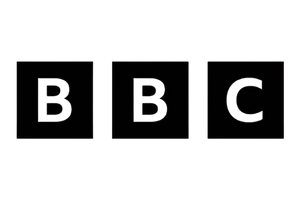The British Broadcasting Corporation (BBC) is the United Kingdom’s largest and most prominent public service broadcaster, established by Royal Charter and governed by a Board appointed by the monarchy in consultation with senior politicians from major UK political parties. Operating since 1922, the BBC has a constitutional guarantee of independence and impartiality, forbidding advertising on its domestic services and maintaining editorial control according to strict public service standards. It operates many national and regional television and radio services throughout the UK as well as the internationally recognized BBC World Service, which broadcasts in numerous languages globally.
Although primarily a broadcaster, the BBC engages in lobbying activities especially in relation to policy areas affecting public service broadcasting, media regulation, funding, digital transformation, intellectual property rights, and public interest in media content. Being a significant stakeholder in EU media policy discussions, the BBC is registered in the EU Transparency Register to provide visibility of its EU-level advocacy efforts.
The BBC lobbying profile reflects the organisation’s objective to uphold the interests of public broadcasting within the European Union institutions, impacting legislation and policies relevant to media pluralism, copyright, platform regulation, and digital services. The organisation carefully balances its role as a public service entity with engagement in the EU’s institutional processes, relying on transparency and accountability as core principles.
The BBC’s lobbying efforts are conducted by designated individuals and teams tasked with fostering relations across EU institutions including the European Commission, European Parliament, and the Council of the EU, focusing on enhancing the legal and financial framework supporting public media services. This includes cooperating with affiliated organizations and other interest groups that share common goals related to broadcasting and media policy.
Financially, the BBC allocates a budget annually for lobbying activities in Brussels, reflecting a commitment to maintaining influence and up-to-date interaction with EU media regulatory developments and potential funding mechanisms. The efforts span across various EU structures and processes, involving meetings with Commissioners, advisory groups, and parliamentary committees.
The BBC’s presence in the EU Transparency Register is a vital part of its compliance with ethical lobbying standards, ensuring that the public and regulators can access comprehensive information on its lobbying targets, resources, and actors involved. This transparency supports the legitimacy of its advocacy while aiming to safeguard the public service ethos in European media policy.


